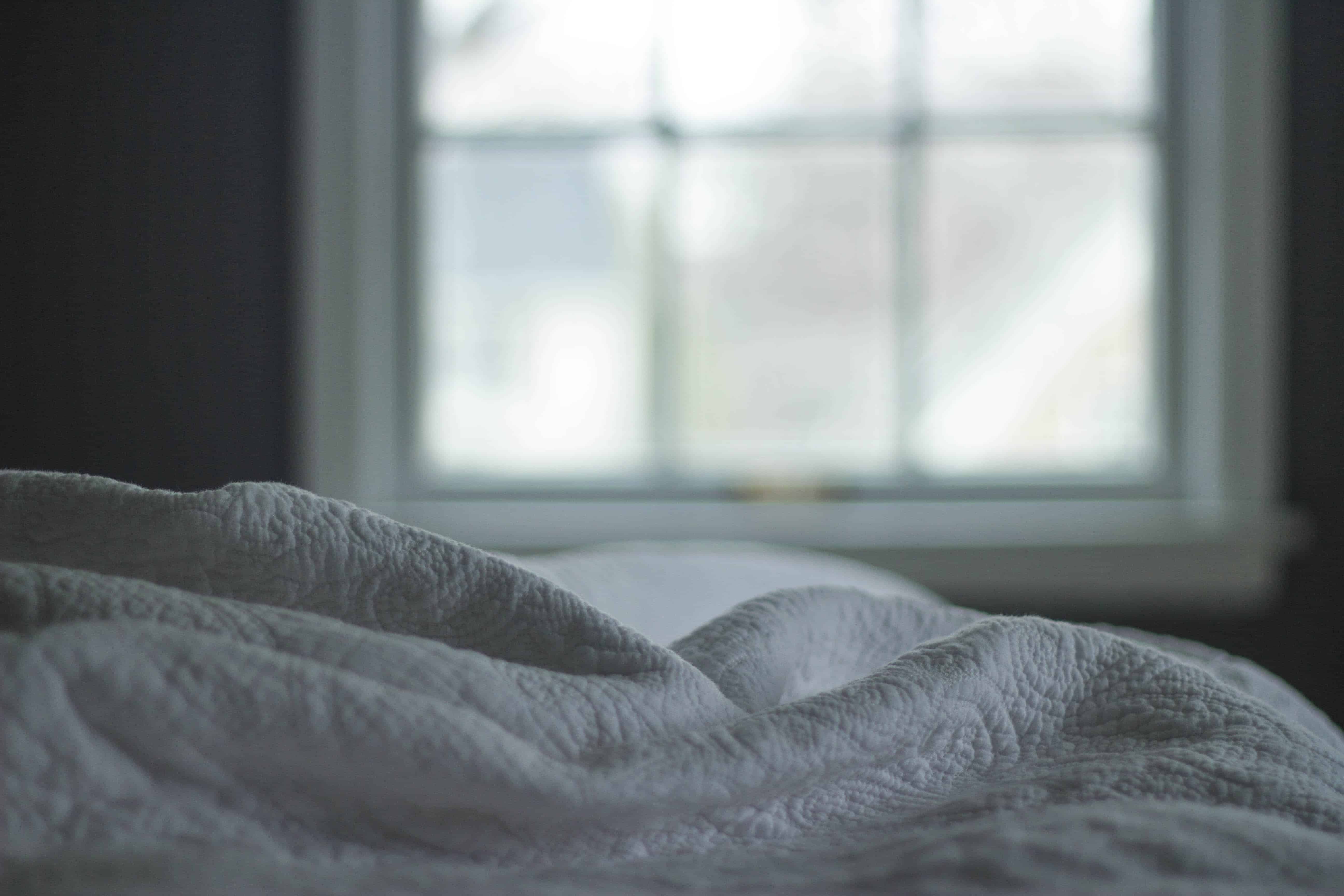VA Rating for Insomnia

Have you ever had trouble staying asleep or falling asleep? Are their times where you know you should be sleep but just can’t force yourself to do so?
You may just be suffering from a condition known as insomnia. This condition can have a devastating effect on your life and overall health. Millions of people a year are diagnosed with the condition, but I wanted to address it from a service members standpoint. I know we all share a similar story no matter the branch of service. Those stories normally start with early mornings and late nights.
As service members, we know all too well the perils of lack of sleep because we are either on a mission that requires it, standing watch or your overall mental health outlook which could all be contributing factors of insomnia. When you begin your military service, it’s usually a complete 180-degree turn from your normal life, and this starts at boot camp changing your sleep pattern — changing your natural routine from one way to another at an extreme rate.
Military sleep schedule
When I joined the Navy, I was not aware that I would have about 4-5 hours of sleep a night. It’s not posted in the fancy brochure that they sell you all the dreams of service to our military. I went to boot camp and almost instantly my life was changed in relation to sleep deprivation. Don’t get me wrong, I knew what I signed up for and why it was necessary, but that did not mean my body liked it. Forced to stay up until midnight, wake up for a watch at 2 am, then sleep for an hour, and back up at 4 am to start another 18-hour day.
What I didn’t realize at 17 years old was what I was putting my body through, and how it would affect me later on in life. It was all fun and games until I would fall asleep in the galley while we were cooking because I was not getting enough rest at night. Working 18-hour days was normal for a Culinary Specialist onboard an Aircraft Carrier. This was mission first, sleep later. We would say things like “sleep when you die” or my personal favorite “sleep is for the weak”. What I didn’t know was I was causing more damage to myself then I could have ever imagined.
I no longer have a normal sleep pattern. No matter what I do or how long I stay up at night, my body’s natural clock was reset and I wake up no later than 7 am. It’s sad to think and say that 7 am is “sleeping in” for me. As I transitioned from service, I knew my adjustment would be tough. The civilian world is totally different from the I grew up in, but now I am here and still suffering.
Insomnia symptoms
Insomnia has many different symptoms that can be attributed to our time in service. It is defined as:
- Difficulty falling asleep at night or waking up in the middle of the night
- Getting up way too early
- Feeling like you didn’t get enough rest after a night’s sleep
- Daytime tiredness or hypersomnolence
- Problems with irritability, depression or anxiety
- Difficulty paying attention or staying focused
- Increased errors or accidents at home or work
The VA looks at insomnia as a mental health condition. It is commonly associated with other conditions like stress or anxiety. Insomnia is normally attributed to a much larger issue that needs to be addressed. If you are scheduled a rating for insomnia, it is rated at the same criteria as other mental disorders (0,10,30,50,70,100). If you are suffering from this, please seek the help of your Veteran Coach. They can guide you through the process of filing the claim and obtaining the proper medical documentation.
Types of Insomnia
There are two different types of Insomnia, acute and chronic.
Acute Insomnia – lasts a short amount of time, from one night to a few weeks
Chronic Insomnia – this is extended and more intense than acute. Chronic i
VA Claim for Insomnia
When filing for an insomnia claim, you must have medical evidence to prove the connection, and it can still be challenging to do. The first step would be to get a C&P exam and gather any related medical evidence. We have a team of doctors contracted out who can write DBQ’s and NEXUS letters for you after reviewing your files and having a consultation. The number one reason why claims get denied is because of
Terrell Murrell is apart of the VA Claims Insider Team and is a retired Navy Disabled Veteran. You can contact him at terrell@vaclaimsinsider.com

